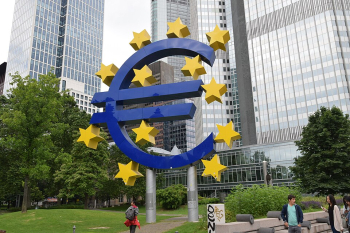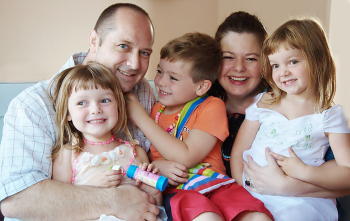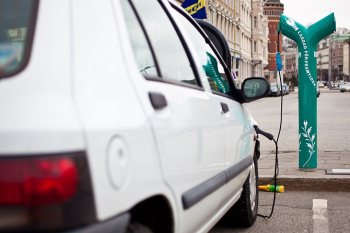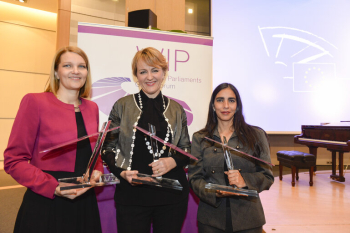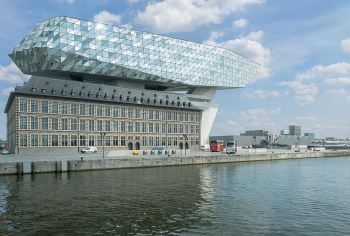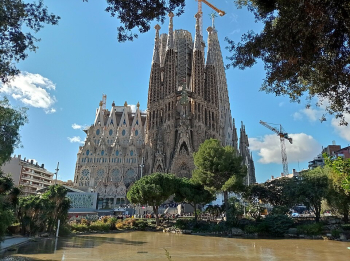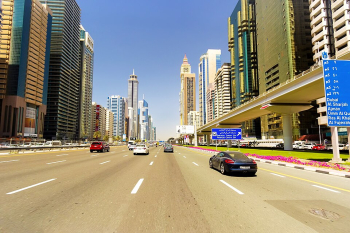
Belgian author David Van Reybrouck emphasized the need for the democratization of climate policy during an informal meeting of European environment ministers.
Van Reybrouck argued, "No decarbonization without democratization." He expressed concern that policymakers underestimate citizens, influenced by social media noise, falsely believing that Europeans are not willing to act on climate change. Van Reybrouck highlighted research indicating that engaged citizens support consistent climate efforts, even if the benefits may only be realized after generations.
The Belgian historian and author stressed the importance of moving from a top-down approach to a horizontal dynamic between those governing and those governed. He cited the establishment of a permanent citizens' parliament on climate in the Brussels region as a positive step. This initiative, developed in collaboration with G1000, a platform for democratic innovation co-founded by Van Reybrouck, engages one hundred Brussels residents in meaningful debates and recommendations on climate-related issues.
Van Reybrouck proposed practical measures for citizen involvement, such as introducing air travel credits that citizens who choose not to fly can sell, with the proceeds benefiting the less fortunate. He emphasized that the transition to climate action should not financially burden those who are least responsible for the problem but are disproportionately affected.
The author's insights align with the idea that citizens can be catalysts for effective climate action if provided with the means and opportunities. Van Reybrouck's call for a shift from vertical governance to horizontal collaboration underscores the significance of involving the public in climate decision-making processes. His ideas were presented at the invitation of Brussels Environment minister Alain Maron during the two-day meeting of European ministers in Brussels, part of the Belgian EU presidency. Photo by Nationaal Historisch Museum, Wikimedia commons.

